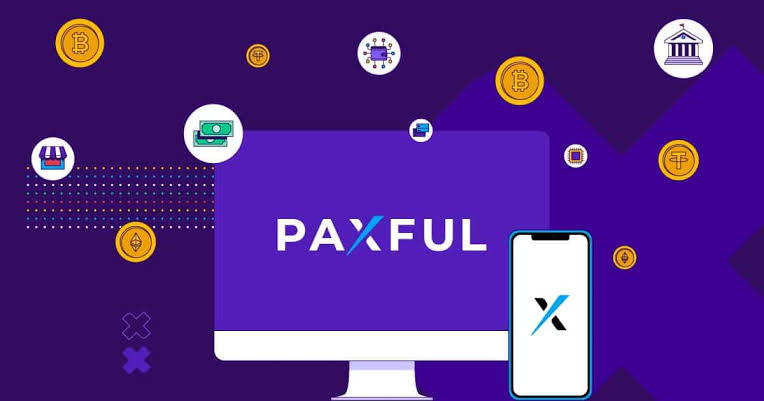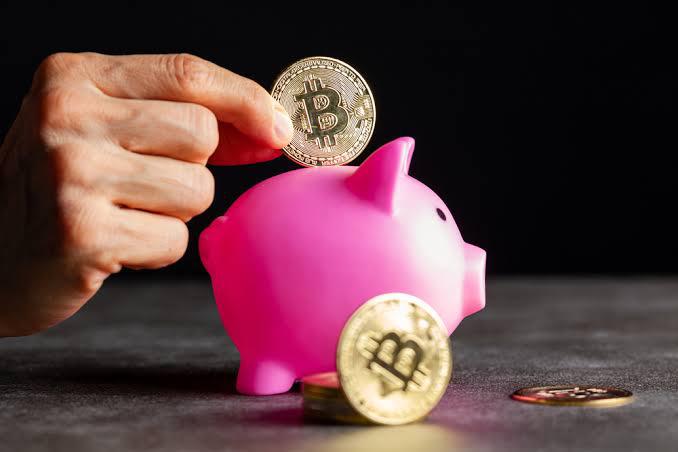Our recently concluded presidential election and ongoing gubernatorial election are plagued with accusations of rigging, ballot snatching, voter intimidation, and political violence. These issues are not new and have led to a loss of trust in the current electoral process by the Independent National Electoral Commission (INEC). It is evident that the traditional electoral process cannot deliver free and fair elections until these issues are addressed. Therefore, a new approach is needed to ensure a transparent and tamper-proof voting system. The solution Nigeria needs is Blockchain technology - yes, you heard that right!
Blockchain is a digital ledger that records transactions securely and transparently. It is a decentralized, immutable system that makes it almost impossible to tamper with or alter the recorded data. It can revolutionize the way we vote by eliminating the potential for voter fraud, ensuring transparency in the electoral process, and allowing citizens to verify their votes. Anyone can audit blockchain technology, thus ensuring the integrity of the electoral process.
The use of blockchain technology for voting has been successfully implemented in other countries like Estonia, Sierra Leone, and even in West Virginia, USA, for the 2018 midterm elections. These examples prove that blockchain technology is a viable solution to the election problems in Nigeria.
But blockchain is not just useful for voting. It also has many other applications in various sectors such as healthcare, finance, food chain supply, land registry, universities certification, distributing government funds, smart contracts, etc. The healthcare sector is leveraging blockchain technology to improve patient record-keeping, reduce fraud, and secure medical supply chains. The UN World Food Programme (WFP) has also used blockchain technology to distribute aid to refugees in Jordan, effectively reducing transaction costs and ensuring timely delivery of aid.
Major corporations like IBM, Microsoft, and JPMorgan Chase have implemented blockchain-based solutions to enhance their internal operations, increase transparency, and reduce costs. The South African Reserve Bank has launched a blockchain-based system for interbank clearance and settlement. Ghana has also launched a blockchain-based platform for land registry.
In Nigeria, blockchain technology has made significant strides with successful implementations across various sectors. For instance, in the finance sector, startups like Patricia, BuyCoins, and Cordial Exchange have emerged to make it easier for Nigerians to buy and sell cryptocurrencies securely. Cordial Exchange is a reliable and trustworthy crypto exchange service provider that guarantees a cordial trading experience if you need to buy or sell crypto in a free and fair manner. Similarly, blockchain technology has been used in agriculture, where startups like FarmCrowdy and ThriveAgric are using blockchain to trace food from the farm to the consumer, ensuring transparency and accountability.
Blockchain technology has demonstrated its potential to revolutionize the electoral process in Nigeria by introducing transparency, accuracy, and fairness. As we have seen in other countries and industries, blockchain technology has proved to be a reliable and secure means of conducting transactions and managing information.
As citizens, it is our responsibility to continue the conversation about the adoption of blockchain technology in Nigeria and to advocate for its implementation in the electoral process. We can do this by sharing articles and information about the benefits of blockchain technology, engaging with our elected officials, and supporting startups and businesses that are using blockchain technology to improve their operations.
In summary, blockchain technology offers a viable solution to the election problems in Nigeria by ensuring transparency, accuracy, and fairness. It has been successfully implemented in other countries and industries, and it is time for Nigeria to adopt this technology to put an end to the electoral fraud that has been plaguing our country for years. By working together and advocating for the adoption of blockchain technology, we can create a fair, just, and transparent electoral system in Nigeria.
Blockchain technology offers a viable solution to the election problems in Nigeria by ensuring transparency, accuracy, and fairness.







